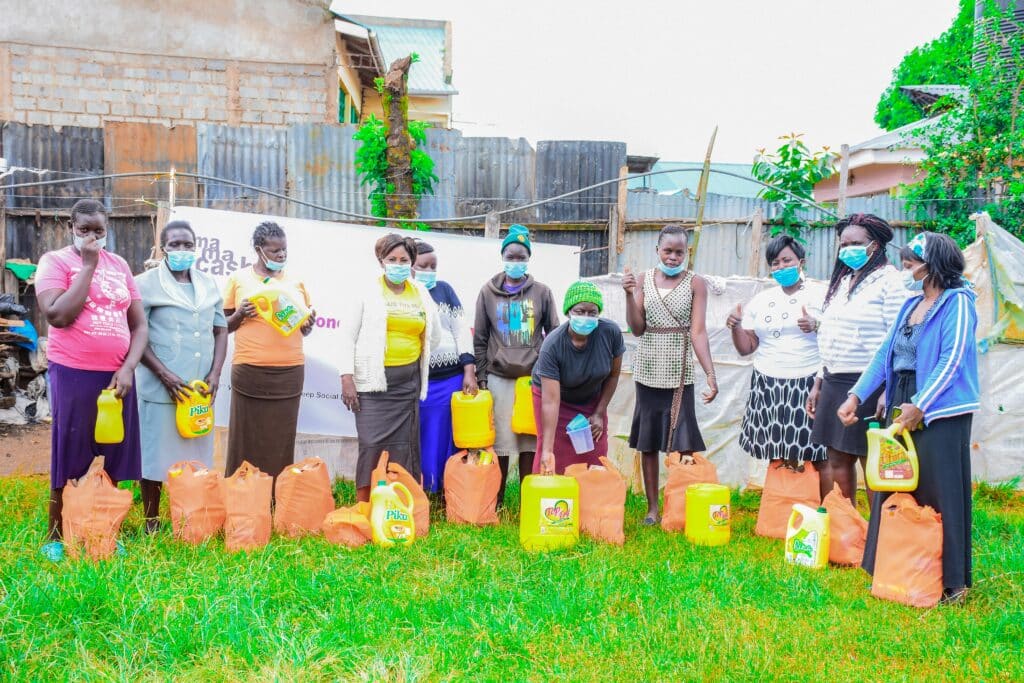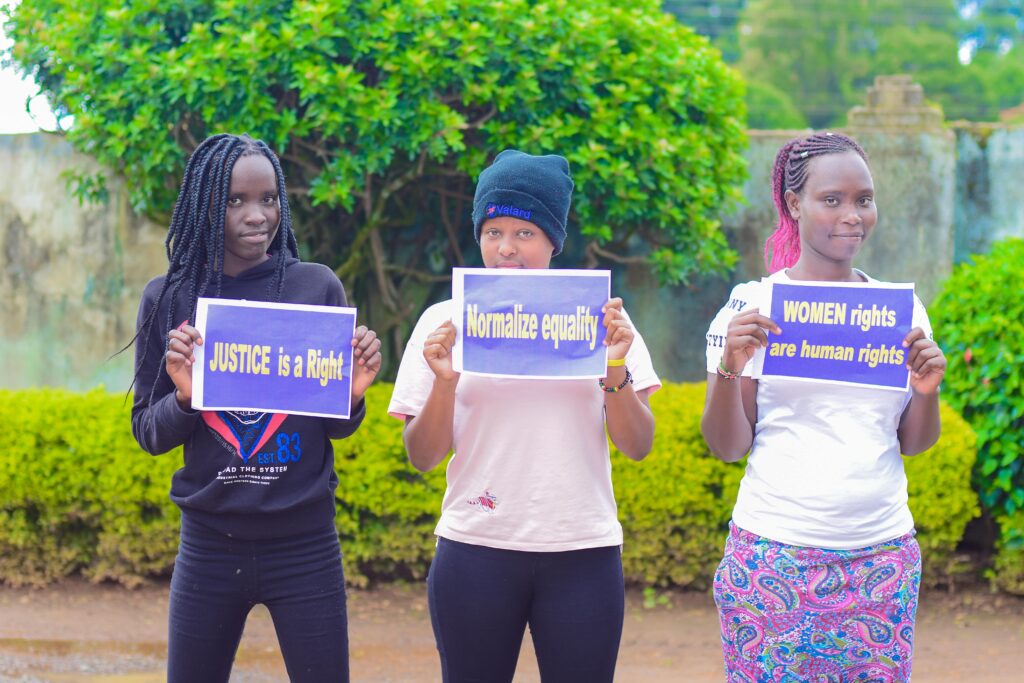Women, trans people, and sex workers are often unjustly criminalised for who they are and their work. And even after they are out of prison, the stigma and exclusion persist. An organisation established by two women ex-detainees is working to improve the lives of formerly incarcerated women in Kenya.
Like many countries in the world, in Kenya, women and girls have been unjustly imprisoned for running away from their homes, often to escape child marriage, forced marriage, trafficking, or sexual or physical violence. They are even incarcerated for acts not punishable by Kenyan law, such as abortions in cases of rape.
Furthermore, women facing so-called crimes of honour, domestic violence or trafficking, and sex workers have been detained supposedly for their protection or rehabilitation.
Due to the stigma attached to incarceration, formerly incarcerated women face multiple obstacles in accessing formal employment and education and struggle to find financial stability, housing, and to provide for their families. In addition, they face institutional barriers in accessing the judicial system and traditional dispute resolution mechanisms to claim resource and property rights, despite legal changes allowing women to do so. As a result, they often lack the avenues to acquire economic resources and property.

Eldoret Women for Development (ELWOFOD), an organisation founded by two formerly incarcerated women in 2007, supports previously incarcerated women’s re-entry into their communities by providing them with economic opportunities, such as vocational training. Part of their work also involves lobbying and advocating for their community’s rights in education, property, and justice policies to public officials. CMI!, through Mama Cash, provides core-financial support to ELWOFOD to resource their work.
As part of this effort, ELWOFOD targeted the County officials in their advocacy addressing the discrimination formerly incarcerated women face in accessing the Affirmative Action Fund. The Affirmative Action Fund is a fund that the government set up in 2012 as part of its commitment to redress past economic disadvantages among specific segments of the population, including women, youth and persons with disabilities.
Working together to advocate for access to the fund, ELWOFOD and another organisation WAWCI succeeded in increasing funding to structurally excluded women. 20% of the County’s budget was allocated to women’s groups through the Affirmative Action Fund in 2021, up from 5% in the previous year.
Furthermore, ELWOFOD was allowed to manage the Langas County Market. Through this opportunity, 21 formerly incarcerated women take home 40% of the market’s revenues daily. Another 21 formerly incarcerated women were employed through the National Sanitation Programme (Kazi Mtaani). This programme enables members of vulnerable populations in Kenya living in informal settlements to undertake projects that improve urban infrastructure and sustain public goods.
In addition, the group trained 250 formerly incarcerated women and supported growing fresh farm vegetables for household consumption and surplus sale to supplement the family income. These farm activities and group meetings provided formerly incarcerated women with self-employment, as well as opportunities that encouraged their psychological healing and confidence building.

With the support of CMI! and Mama Cash, ELWOFOD coordinated more with other organisations and structurally excluded communities to strengthen their advocacy and lobbying efforts. In doing so, they have been able to create social change. Advocating for their rights has increased financial security for formerly incarcerated women and positively impacted their confidence. They gained recognition in their communities and society more broadly. They created a stable environment by providing for their family and accessing housing and education.
With the long-term, core financial support from CMI! through Mama Cash, ELWOFOD is strengthening and coordinating its work with and for formerly incarcerated women. As a result, ELWOFOD could apply continued pressure on local government officials to influence the economic opportunities and funding made available to formerly incarcerated women. The results of their advocacy efforts are clear: year by year, the Kenyan government is investing more funds to support stable economic opportunities for formerly incarcerated women.
Banner photo: Glimpse of an activity led by ELWOFOD, the women’s rights group in Kenya, supporting formally incarcerated women.